By Grant E. Christensen, Pastor, Grace Covenant Church of Bremerton
Luke 24:44-49 (nasb95) Now He said to them, “These are My words which I spoke to you while I was still with you, that all things which are written about Me in the Law of Moses and the Prophets and the Psalms must be fulfilled.” {45} Then He opened their minds to understand the Scriptures, {46} and He said to them, “Thus it is written, that the Christ would suffer and rise again from the dead the third day, {47} and that repentance for forgiveness of sins would be proclaimed in His name to all the nations, beginning from Jerusalem. {48} “You are witnesses of these things. {49} “And behold, I am sending forth the promise of My Father upon you; but you are to stay in the city until you are clothed with power from on high.” [1]
Acts 1:6-8 (nasb95) So when they had come together, they were
asking Him, saying, “Lord, is it at this time You are restoring the
kingdom to Israel?”
{7} He said to them, “It is not for you to know times or epochs which the
Father has fixed by His own authority; {8} but you will receive power when
the Holy Spirit has come upon you; and you shall be My witnesses both in
Jerusalem, and in all Judea and Samaria, and even to the remotest part of the
earth.”
In
both Luke 24:48-49 and in Acts 1:8, Jesus links the disciples’ witness with
their receiving power “when the Holy Spirit has come upon” them. In Luke, after
stating that they will be witnesses of His death and resurrection, Jesus
commands them to wait in Jerusalem until they are “clothed with power on high.”
In Acts Jesus tells His disciples that they “will receive power when the Holy
Spirit has come upon” them—and as the implied result of this empowerment that
they will be His witnesses “in Jerusalsm, and in all Judea and Samaria, and even to the
remotest part of the earth.”
I
find it more than significant that the Holy Spirit in God-breathing the Gospels
and Acts has set forth a very specific timeline, which—when considered—gives much
needed light to our call to be witnesses. In Luke chapter 24, I find the
following precise time line set by Dr. Luke:
Luke 24:1 (nasb95) But on the first day of the week, at
early dawn, they came to the tomb bringing the spices which they had prepared.
Luke 24:13 (nasb95) And behold,
two of them were going that very day to a village named
Emmaus, which was about seven miles from Jerusalem.
Luke 24:33 (nasb95) And they got
up that very hour and returned to Jerusalem, and found
gathered together the eleven and those who were with them,
Luke 24:36 (nasb95) While they were telling these things, He
Himself stood in their midst and said to them, “Peace be to you.”
Hence, on the very day of the
resurrection of Jesus, after His appearance and revelation to the two men in
Emmaus, and after they have hurried back to Jerusalem, Jesus appeared to His
disciples as they were hearing the report from the two men. Significantly, Dr.
Luke tells us that Jesus “opened their minds to understand the scriptures.”
In like manner, the Apostle John also
sets a precise timeline in John chapter 20:
John 20:1 (nasb95) Now on the first day of the week Mary
Magdalene came early to the tomb, while it was still dark, and saw the stone already
taken away from the tomb.
John 20:19-22 (nasb95) So when
it was evening on that day, the
first day of the week, and when the
doors were shut where the disciples were, for fear of the Jews, Jesus came and
stood in their midst and said to them, “Peace be with you.” {20}
And when He had said this, He showed them both His hands and His side. The
disciples then rejoiced when they saw the Lord. {21} So Jesus said to them
again, “Peace be with you; as the Father has sent Me, I also send
you.” {22}And when He had said
this, He breathed on them and *said to them, “Receive the Holy Spirit
In this passage too, John emphasizes that
Jesus appeared to the disciples in the evening of that first day, the very day
of Jesus’ resurrection. However, where Dr. Luke had said that Jesus “opened
their minds to understand the scriptures,” John says that Jesus “breathed on
them and said to them, ‘Receive the Holy Spirit.’ ”
Earlier in John, Jesus had already
told His disciples that He would give them the Holy Spirit, the Spirit of
truth, who would guide them into all truth:
John 14:16-17 (nasb95) “I will
ask the Father, and He will give you another Helper, that He may be with you
forever; {17} that is the Spirit of truth, whom the world cannot
receive, because it does not see Him or know Him, but you know Him
because He abides with you and will be in you.
John 16:13 (nasb95) “But when
He, the Spirit of truth, comes, He will guide you into all the truth; for He
will not speak on His own initiative, but whatever He hears, He will speak; and
He will disclose to you what is to come.
It is readily apparent, when one pieces both stories
together, that Dr. Luke’s record of Jesus “opening their minds to understand
the scriptures” and John’s record of Jesus breathing upon them the Holy Spirit,
while saying, “Receive the Holy Spirit,” are one and the same event. The very
reality of the disciples receiving the Spirit of truth has the result of
opening their minds to understand the scriptures!
Furthermore, within the wider context
of the Gospel of John, I find two fulfillments of promises made by Jesus in His
giving them the Spirit. The first is found in Jesus’ conversation with
Nicodemus in John chapter 3:
John 3:5-7 (nasb95) Jesus
answered, “Truly, truly, I say to you, unless one is born of water and the
Spirit he cannot enter into the kingdom of God. {6} “That which is born of
the flesh is flesh, and that which is born of the Spirit is spirit. {7}
“Do not be amazed that I said to you, ‘You must be born again.’
Within the context of the Gospel of John then, the moment when Jesus gave
the disciples the Holy Spirit after the resurrection is the precise moment when
we see them born of the Spirit!
The second promise of Jesus about the
giving of the Holy Spirit is found in John chapter 7:
John 7:37-39 (nasb95) Now on the
last day, the great day of the feast, Jesus stood and cried out, saying,
“If anyone is thirsty, let him come to Me and drink. {38} “He who believes in Me, as the
Scripture said, ‘From his innermost being will flow rivers of living
water.'” {39} But this He spoke of the Spirit, whom those who believed in
Him were to receive; for the Spirit was not yet given, because Jesus was
not yet glorified.
Herein I find that Jesus promises the
Holy Spirit to everyone who would believe in Him, but that they would only receive the Spirit after Jesus had been glorified. Within the Gospel of John,
Jesus’ glorification is nothing less than His exaltation on the cross. Hence,
on the first day of the week, the same day that Jesus has been resurrected from
the dead, He breathed on them and said, “Receive the Holy Spirit.” In that one
event the Holy Spirit took up residence within the disciples, having opened
their minds to understand the scriptures, and they were born again!
Many scholars I have heard and read
have stated that for John the Holy Spirit was given on the first day of the
resurrection and that for Dr. Luke the Holy Spirit was given on the day of
Pentecost. If this is the case, why would the Holy Spirit in God-breathing
these texts give us such a precise timeline for the giving of the Spirit in
John and for the Baptism of the Holy Spirit in Acts? Also, how was it that in
Luke Jesus opened their minds to understand the scriptures?
I believe two errors have been
made: the first error is to say that the
fullness of the Holy Spirit is received when one believes; the second error is
to say that the Baptism of the Spirit is a second work of grace necessary for
salvation—as so many Pentecostal groups suggest. If every Christian has received the Holy Spirit and
has also therefore received the empowerment of the Spirit for witness, why
don’t we see present day disciples leading others to Christ in droves? What I
find scripture actually teaching is that on the first day of the week the
disciples were truly born of the Spirit, having received the indwelling Spirit
of truth who had opened their minds to understand the scriptures. On the same
occasion Jesus commanded the disciples to wait in Jerusalem until they have
been clothed with power from on high for the supernaturalizing of their witness. Again in Acts 1:8 Jesus said
the same thing to them!
On the day of Pentecost when the
Spirit was poured out upon the gathered disciples, they begin speaking in
foreign tongues so that everyone present could understand them! Furthermore,
Peter—now clothed with power from on high—preached one sermon and 3,000 people
“received his word and were baptized.” It’s more than significant that at the
giving of the Ten Commandments—what Paul calls in 2 Corinthians chapter 3 the ministry
of death—3,000 people were killed; at the
giving of the Holy Spirit—what Paul calls in 2 Corinthians chapter 3 the ministry of the Spirit—3,000 people came
to life. The Ten Commandments
brought death; the Holy Spirit brings life!
I suspect in our time, we have become
so accustomed to relying on what I call “ministry technology,” that we have
neglected the empowerment of the Holy Spirit to supernaturalize our witness. If I couple this with the how much more willingness of the
heavenly Father to give the Holy Spirit to those who ask, I find that the
Father longs to empower our witness—longing to send us power from on high so
that we too might witness in the power and might of the Holy Spirit. We have
not because we ask not. What might happen if together with one voice we were to
ask the Father to empower our witness by the Holy Spirit? What might happen if
we relied less on all of our “ministry technology”—our techniques and programs
and strategies—and more on the ministry of the Holy Spirit—who gives life! On
what occasion are we disallowed from asking for the empowerment of our witness
by the Holy Spirit? I pray that we would all have ears to hear!
© 2019 by Grant Christensen. “Freely you have received, freely give.” (Matthew 10:8b niv) You are free to share—copy and redistribute in any medium or format—as long as you don’t change the content, don’t use commercially without permission of the author or author’s family, and include attribution with the following Creative Commons License:
[1] New American Standard Bible: 1995 Update. La Habra, CA: The Lockman Foundation, 1995.
[Click Here] to see Grant’s previous article in this series titled, “Asking for the Holy Spirit”
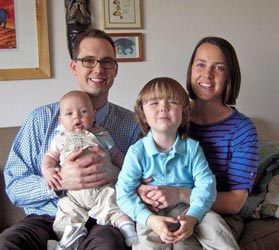
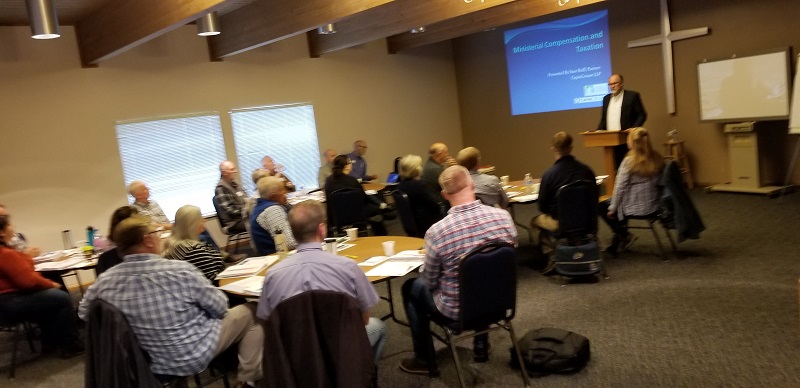

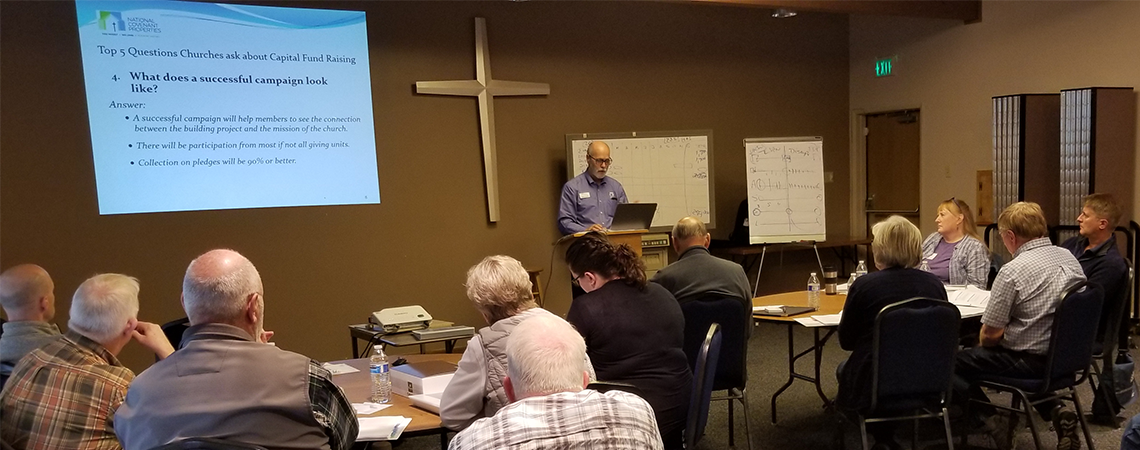




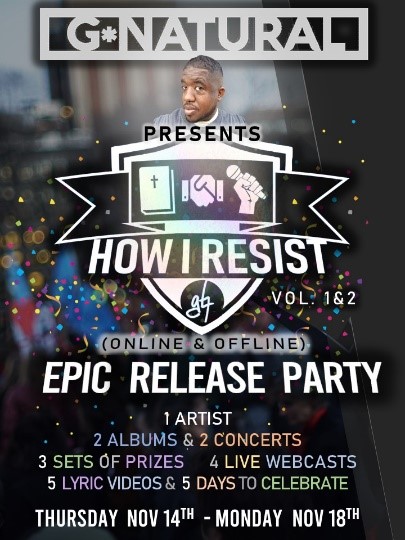

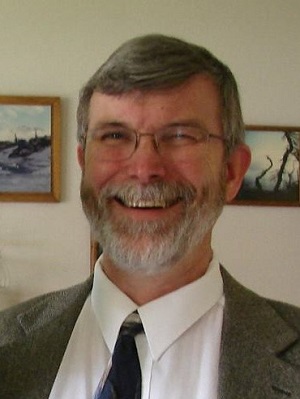
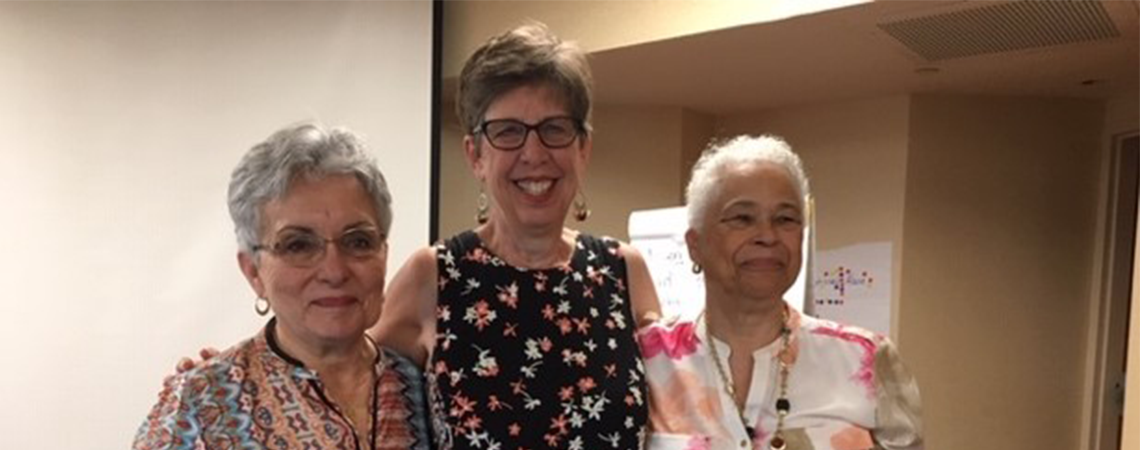
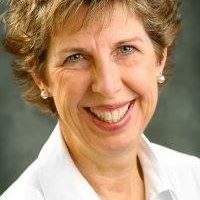
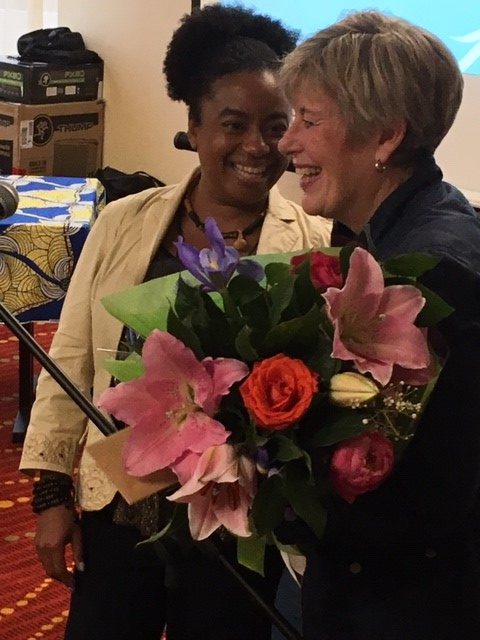
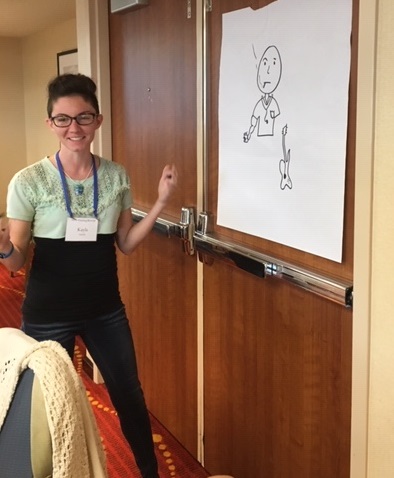
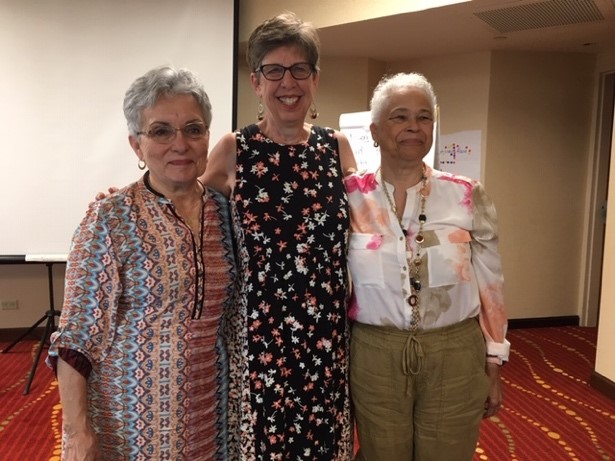
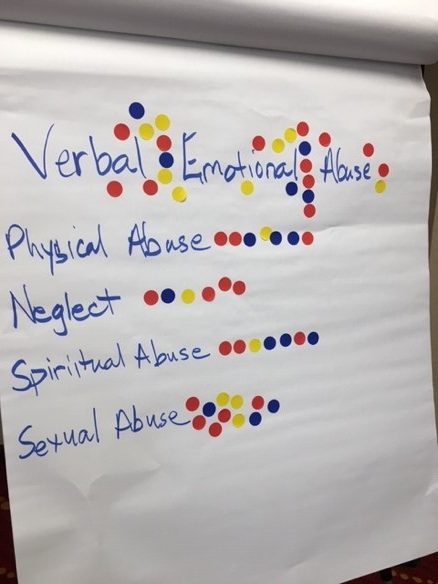
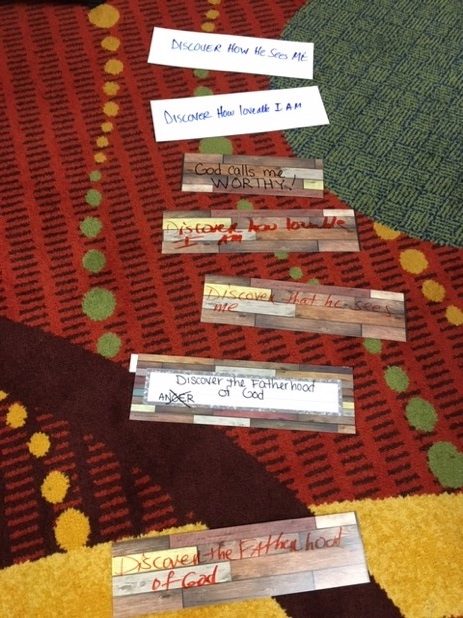
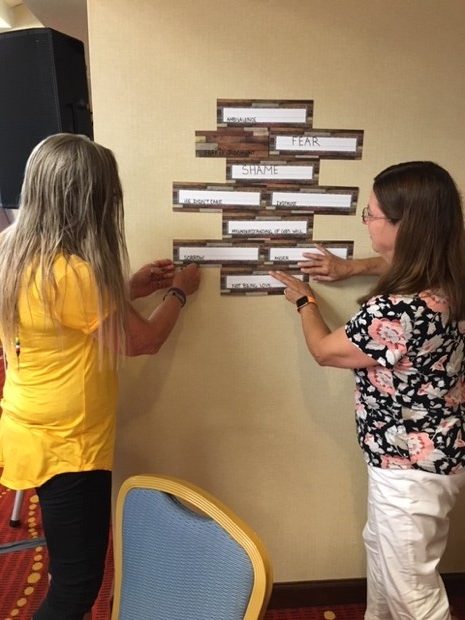


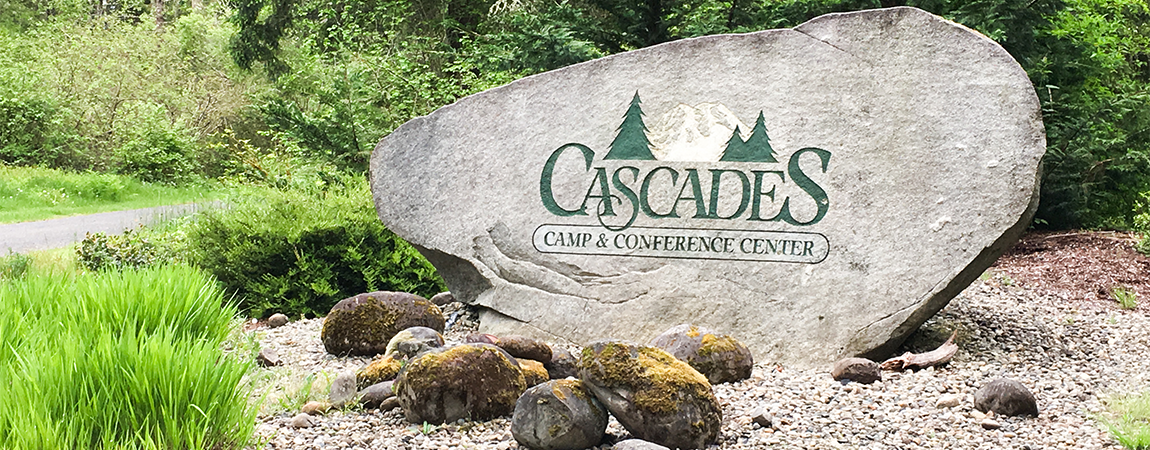
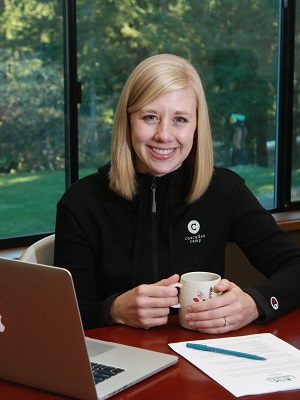
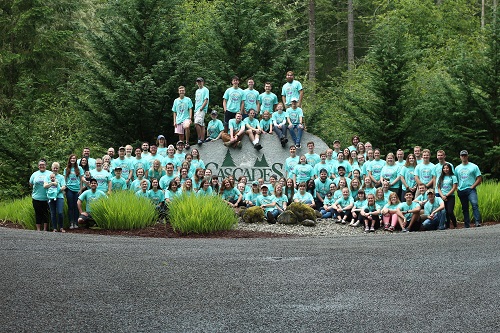
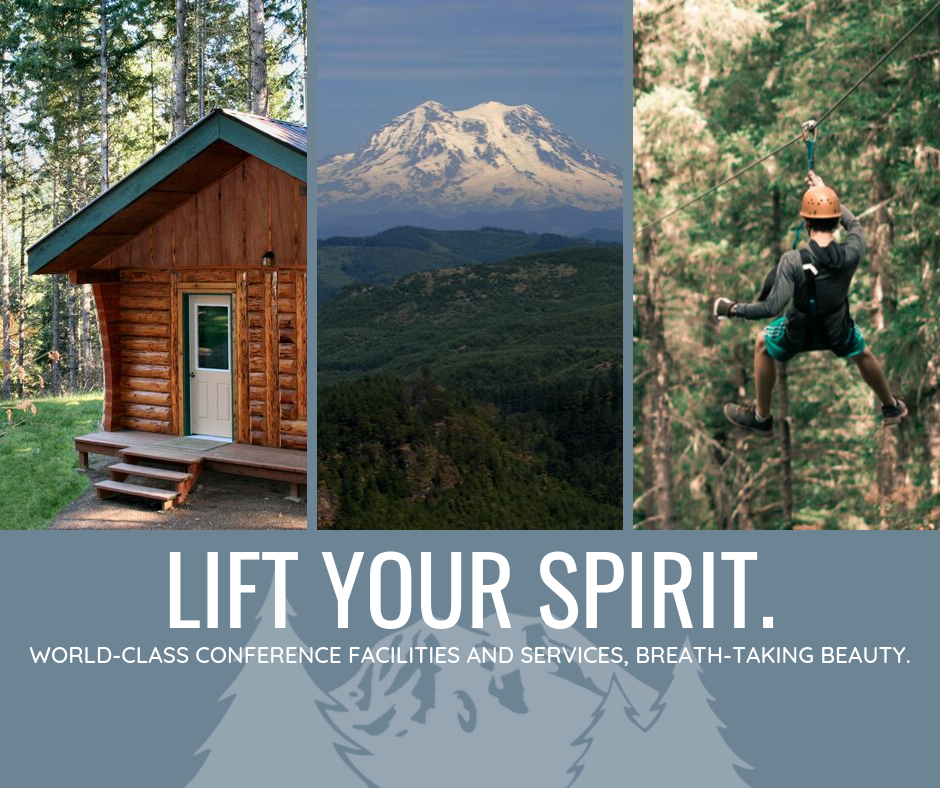
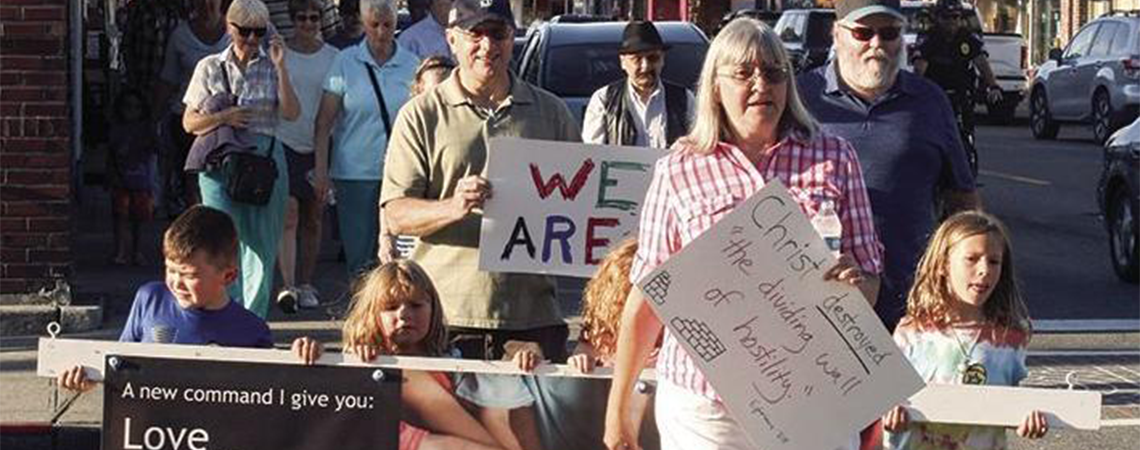
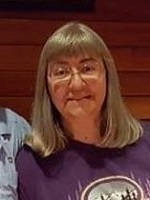 Arlington United Church, in response to recent incidents of racial violence and fear in the nation, organized and sponsored an anti-hate rally in Arlington, WA.The focus was on love, specifically Jesus’ command in John 13:34-35 to love one another. Other churches in town were invited to join in. Our Saviour’s Lutheran Church, an ELCA church, participated. A crowd of approximately 60 people were there, including many small children.
Arlington United Church, in response to recent incidents of racial violence and fear in the nation, organized and sponsored an anti-hate rally in Arlington, WA.The focus was on love, specifically Jesus’ command in John 13:34-35 to love one another. Other churches in town were invited to join in. Our Saviour’s Lutheran Church, an ELCA church, participated. A crowd of approximately 60 people were there, including many small children.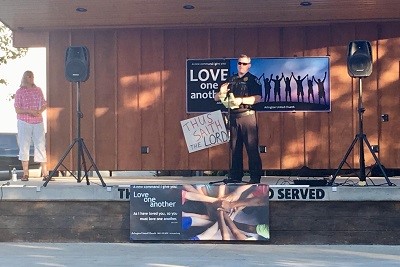 Some invited speakers were not able to attend, but sent statements that were read. They included Mayor Barbara Tolbert, Congressman Rick Larsen (who grew up in Arlington United and is still listed as a member), and County Councilman Nate Nehring. Speakers, in addition to Pastor Deena Jones of Arlington United, were City Councilman Mike Hopson, Arlington Chief of Police Jonathan Ventura, Rev. Jessica Ronhaar of Youth Dynamics, and Mr. Will Nelson representing the Arlington School District and also speaking as a Native American. He was given the last word for the evening.
Some invited speakers were not able to attend, but sent statements that were read. They included Mayor Barbara Tolbert, Congressman Rick Larsen (who grew up in Arlington United and is still listed as a member), and County Councilman Nate Nehring. Speakers, in addition to Pastor Deena Jones of Arlington United, were City Councilman Mike Hopson, Arlington Chief of Police Jonathan Ventura, Rev. Jessica Ronhaar of Youth Dynamics, and Mr. Will Nelson representing the Arlington School District and also speaking as a Native American. He was given the last word for the evening. As the organizer of the event Pastor Deena shared that it is time for people of good will, and especially the church, to stand up and speak out. Those in the majority culture can no longer pretend that racism is a thing of the past. Racists and white supremacists have been emboldened to speak and act, so we must be just as bold in saying “No!”
As the organizer of the event Pastor Deena shared that it is time for people of good will, and especially the church, to stand up and speak out. Those in the majority culture can no longer pretend that racism is a thing of the past. Racists and white supremacists have been emboldened to speak and act, so we must be just as bold in saying “No!”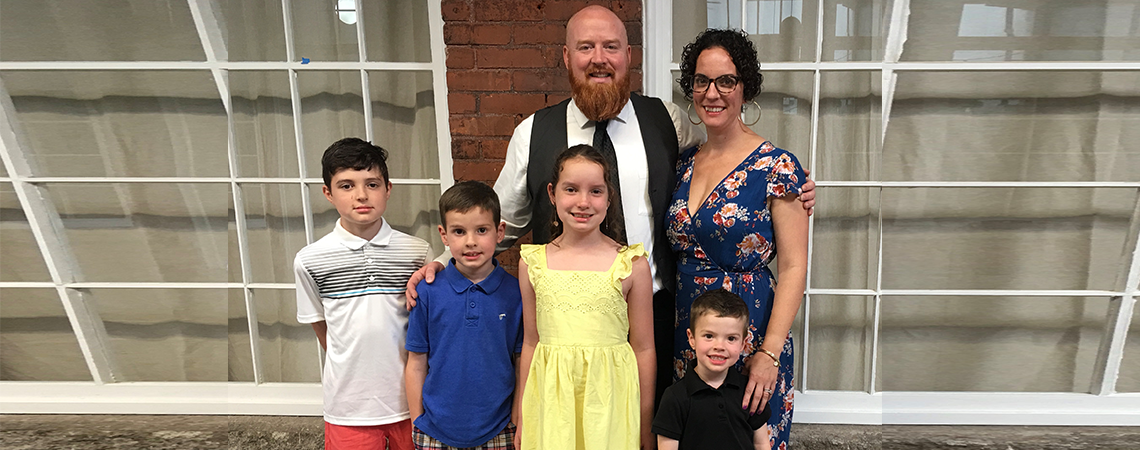
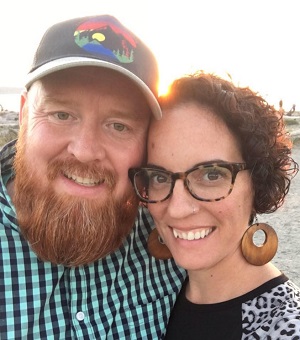

 By Greg Yee, Superindendent, PacNWC
By Greg Yee, Superindendent, PacNWC Andy Larsen (Quest/MENA), Mat Hollen (St. Thomas Cov, Salem) and I joined 34 others two weeks ago on the Covenant’s Sankofa Journey. This 4-day cross-racial immersive experience visited historical civil rights locations and followed the trajectory of life for African Americans. Sankofa was profoundly revealing. It was disturbing to plumb our history and even more concerning to see how much it affects life today: red-lining, implicit bias, and mass incarceration to name a couple. I’m also aware of stories from our ranks. Recently a pastor shared about his son being unfairly treated at his school and the unprofessional responses from the administration. Another leader saw her son detained and searched as he was walking to his car in front of their house. Another leader was pulled over so many times while serving in his region that he had trouble renting cars. Other Covenanters share about their elevated levels of stress and physical ailments as a result of generations of anxiety and trauma as African Americans. How do we do life and ministry together knowing these things? What is our responsibility to each other? What is the gospel work here?
Andy Larsen (Quest/MENA), Mat Hollen (St. Thomas Cov, Salem) and I joined 34 others two weeks ago on the Covenant’s Sankofa Journey. This 4-day cross-racial immersive experience visited historical civil rights locations and followed the trajectory of life for African Americans. Sankofa was profoundly revealing. It was disturbing to plumb our history and even more concerning to see how much it affects life today: red-lining, implicit bias, and mass incarceration to name a couple. I’m also aware of stories from our ranks. Recently a pastor shared about his son being unfairly treated at his school and the unprofessional responses from the administration. Another leader saw her son detained and searched as he was walking to his car in front of their house. Another leader was pulled over so many times while serving in his region that he had trouble renting cars. Other Covenanters share about their elevated levels of stress and physical ailments as a result of generations of anxiety and trauma as African Americans. How do we do life and ministry together knowing these things? What is our responsibility to each other? What is the gospel work here?